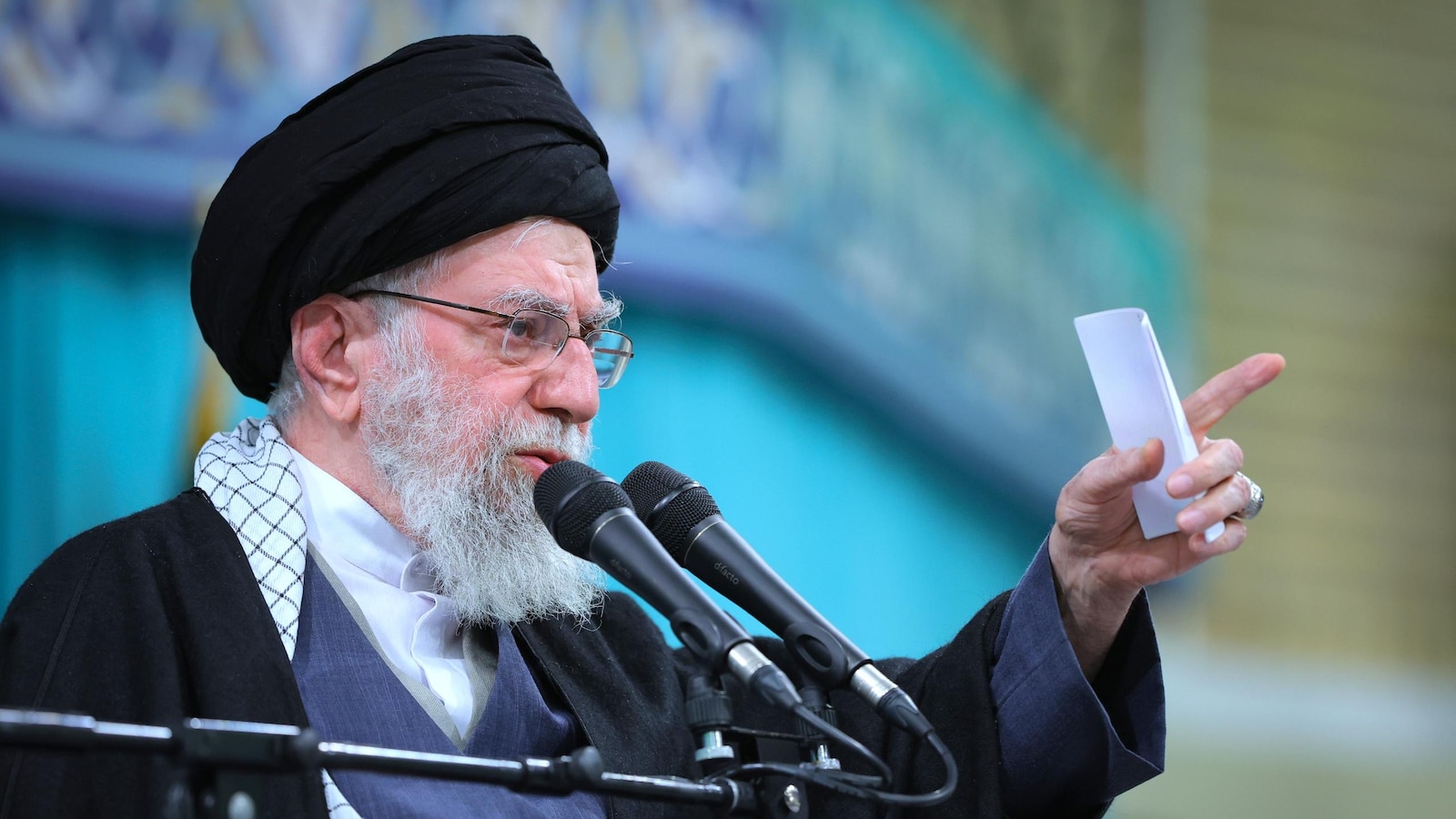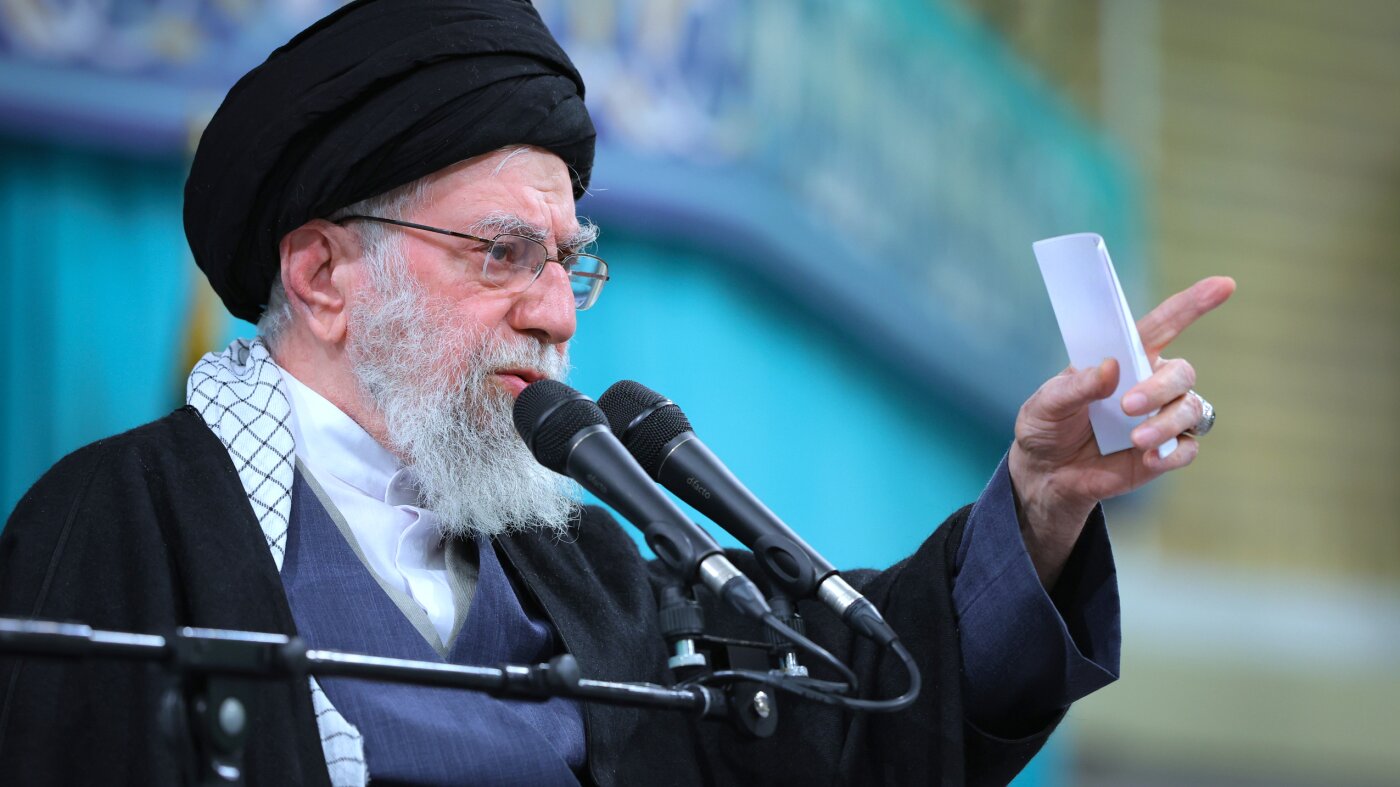The US president’s plane, Air Force One, has been forced to abort its flight to Switzerland and turn back after what officials described as a “minor electrical issue”.
Donald Trump boarded another aircraft, an Air Force C-32, a modified…

The US president’s plane, Air Force One, has been forced to abort its flight to Switzerland and turn back after what officials described as a “minor electrical issue”.
Donald Trump boarded another aircraft, an Air Force C-32, a modified…


US President Donald Trump is continuing to push his aides to devise what he calls “decisive” military options against Iran, The Wall Street Journal reported Tuesday, days after the American leader called off strikes against the Islamic…

DUBAI, United Arab Emirates — Iran on Tuesday warned Donald Trump not to take any action against the country’s Supreme Leader Ayatollah Ali Khamenei, days after the U.S. president called for an end to Khamenei’s nearly 40-year reign.
“Trump…

In this photo released by an official website of the office of the Iranian supreme leader, Supreme Leader Ayatollah Ali…

 Faisal Islam
Faisal Islam
Economics editor, reporting from Davos
It will be quite the moment for the world, and how the world is run.
Continue Reading

DEVELOPING STORYDEVELOPING STORY,
Published On 21 Jan 2026
Israel’s Prime Minister Benjamin Netanyahu has accepted an invitation from United States President Donald Trump to…